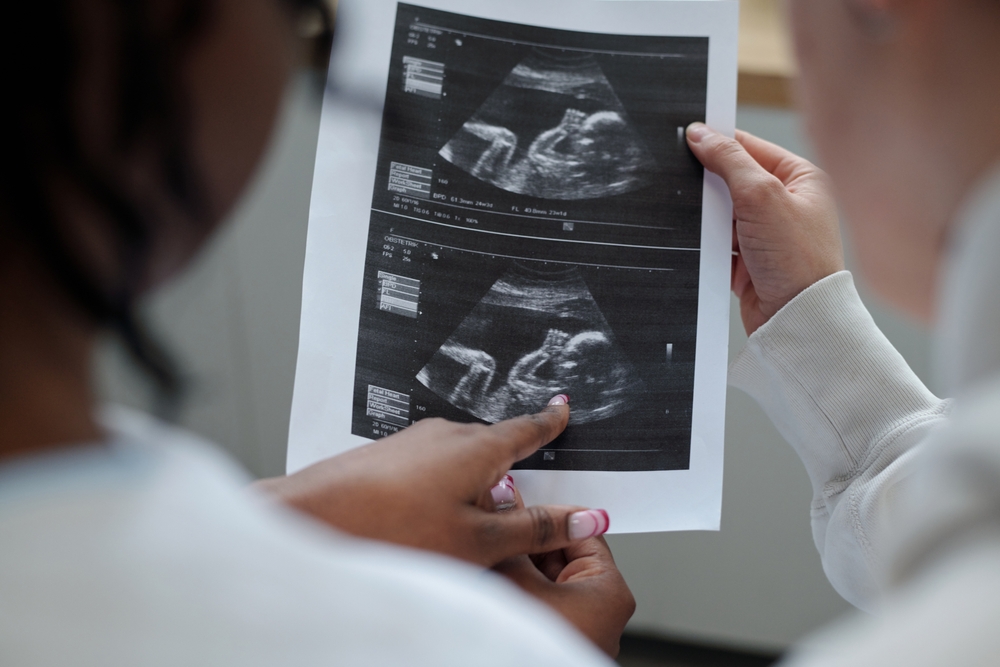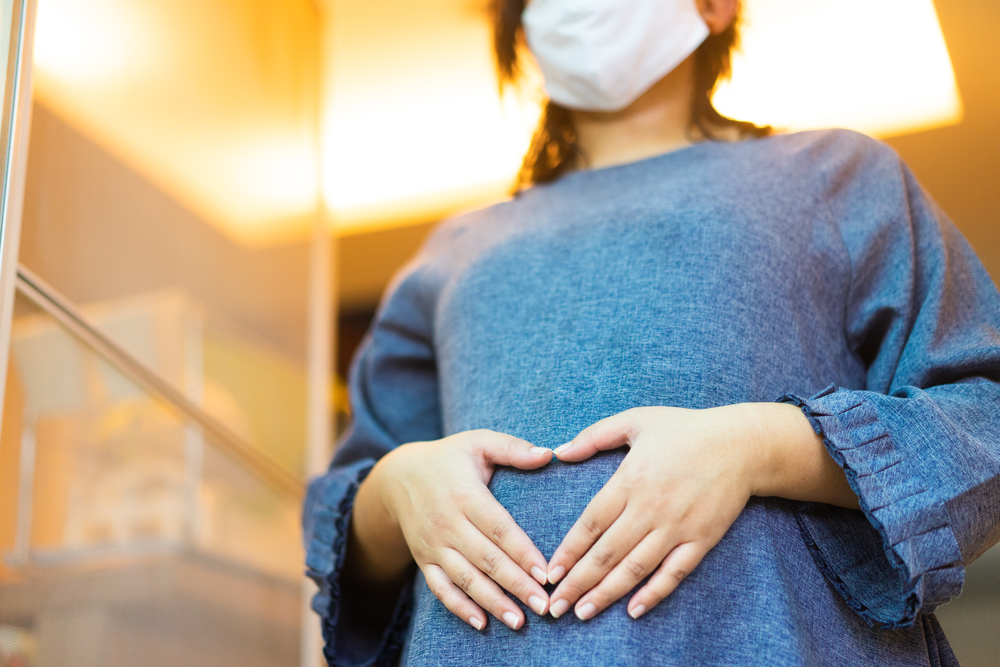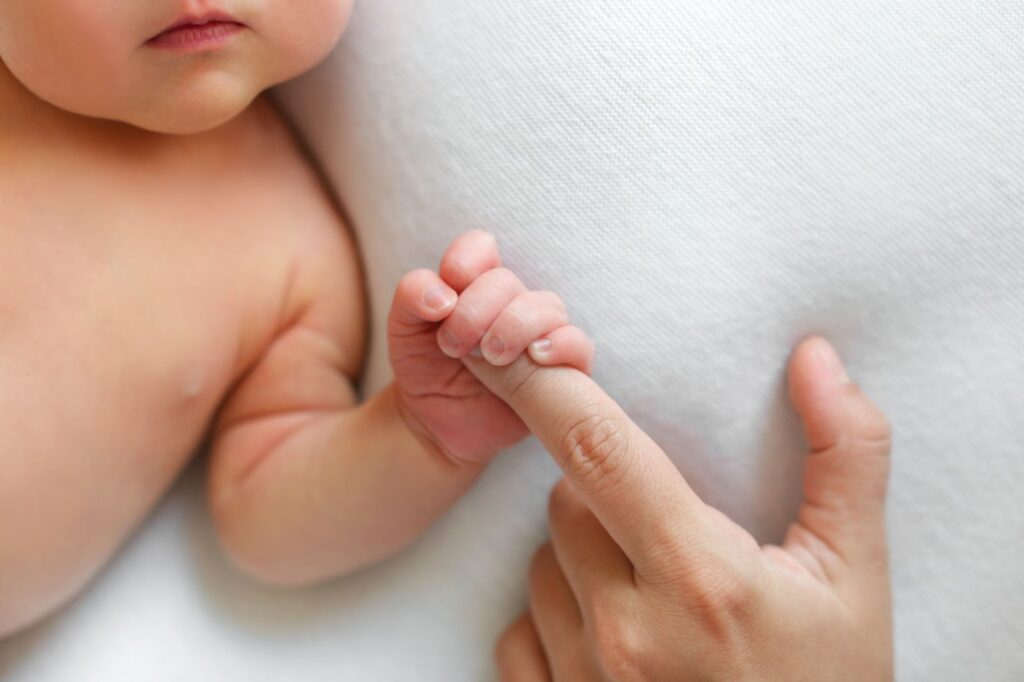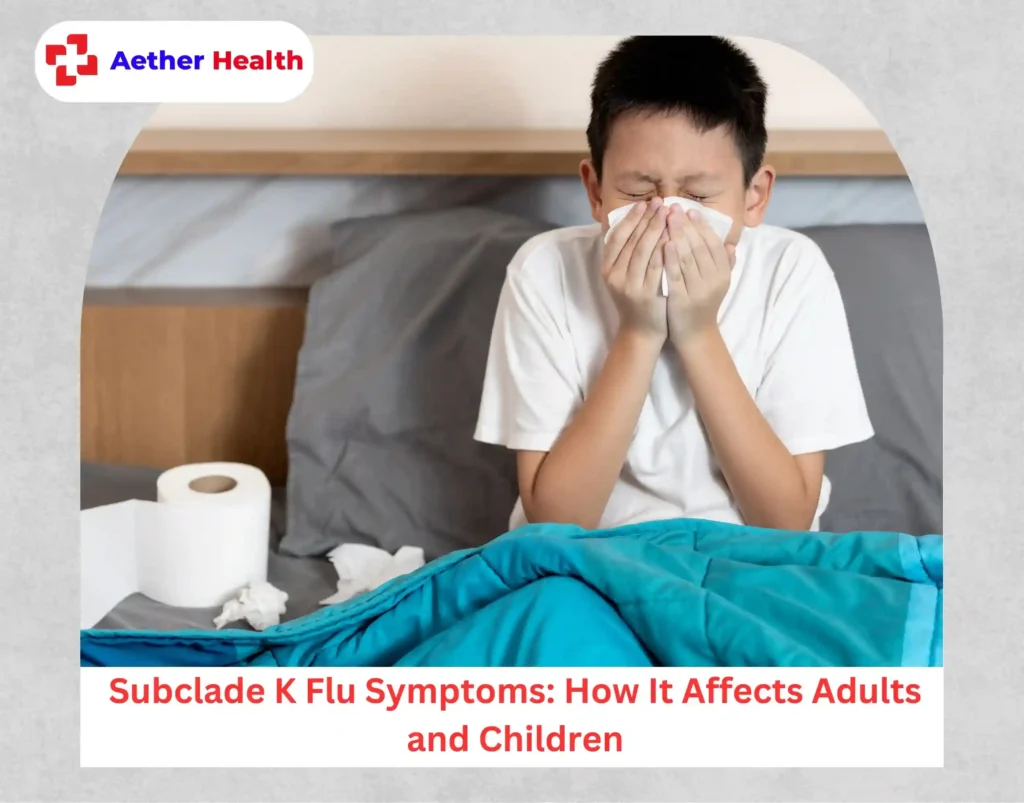It’s well-known that sexually transmitted diseases (STDs) are primarily spread through sexual contact—but can you be born with an STD?
Is it possible for a baby to be born with an std disease?
In this article, let’s find out how this infection can be transmitted in other ways other than sexual contact.
What Does It Mean to Be Born with an STD?
First off, yes, it is possible for a baby to be born with an STD. It means that a baby has contracted an infection from their mother during pregnancy, childbirth, or breastfeeding. This form of transmission can result in immediate or long-term health complications for the newborn, depending on the type of infection and how quickly it is treated.
Some infections can be managed with early medical intervention, while others may have lasting effects on a child’s development, immune system, or overall well-being.
STDs That Can Be Passed from Mother to Baby
Several sexually transmitted diseases can be passed from a mother to her baby, posing risks to the infant’s health. Early detection and treatment during pregnancy are crucial in reducing the chances of transmission and ensuring a healthy outcome for the baby. Below, we explore some common STDs that can be transmitted in this way:
HIV/AIDS
HIV can be transmitted from mother to baby during pregnancy, childbirth, or breastfeeding. Without treatment, the risk of transmission is significantly higher, but antiretroviral therapy (ART) can greatly reduce the chances of a baby being born with HIV. Babies born to HIV-positive mothers are tested after birth, and with proper care, many infants remain free from the infection.
Syphilis
Syphilis is another STD that can be transmitted to a baby in utero, often leading to serious complications. Congenital syphilis can cause miscarriage, stillbirth, or severe birth defects. However, syphilis is treatable during pregnancy with antibiotics, making early testing and intervention critical for preventing transmission.
Herpes Simplex Virus (HSV)
HSV can be passed to a baby during childbirth, especially if the mother has an active outbreak. Neonatal herpes can lead to skin lesions, neurological damage, and, in severe cases, death. Cesarean delivery is often recommended if the mother has active HSV lesions to reduce the risk of transmission.
Chlamydia and Gonorrhea
Both chlamydia and gonorrhea can be transmitted to a baby during vaginal delivery. These infections can cause eye infections, pneumonia, and other serious health issues in newborns. Prompt antibiotic treatment of the mother during pregnancy, as well as post-delivery care for the baby, can help prevent these complications.
Hepatitis B
Hepatitis B can be passed from mother to baby during childbirth. Babies exposed to the virus are at risk of developing chronic hepatitis B, which can lead to liver disease later in life. Vaccination and immunoglobulin treatments given shortly after birth are highly effective in preventing the baby from contracting the virus.

How STDs Are Transmitted to Babies
STDs can be passed from mother to baby in various ways, depending on the type of infection and the stage of pregnancy or birth. Understanding these transmission routes helps in taking preventive measures to protect both mother and child.
Transmission during pregnancy (placental transmission)
Some STDs, like syphilis and HIV, can cross the placenta and infect the baby while still in the womb. This can result in complications such as birth defects, preterm birth, or even miscarriage if left untreated.
Transmission during childbirth (contact with infected fluids or tissues)
During vaginal delivery, the baby may come into contact with the mother’s infected fluids or tissues, leading to infections like herpes, chlamydia, or gonorrhea. In some cases, a cesarean delivery may be recommended to reduce the risk of transmission.
Risk factors that increase the chances of passing an STD to the baby
A high viral load, untreated infections, or having multiple STDs can increase the likelihood of passing an infection to the baby. Inadequate prenatal care and lack of early screening can also elevate the risk of transmission.
Signs and Symptoms of STDs in Newborns
Newborns infected with an STD may not show immediate symptoms, but some signs can appear within days or weeks after birth. Early detection and treatment are essential to prevent serious health complications.
- Rashes or sores: Skin lesions or rashes, especially around the mouth or genitals, may indicate an infection like herpes.
- Eye discharge or swelling: This can be a sign of chlamydia or gonorrhea infections, which may lead to eye infections or blindness.
- Low birth weight or preterm birth: Some STDs can cause complications that result in premature delivery or underweight babies.
- Difficulty breathing: Respiratory issues, such as pneumonia, may develop in babies exposed to chlamydia or syphilis.
- Jaundice: Yellowing of the skin or eyes may suggest liver issues, often seen in babies with hepatitis B or syphilis.
- Seizures or poor feeding: Neurological symptoms like seizures or difficulty feeding can occur with infections like congenital syphilis or HIV.

Preventing STD Transmission During Pregnancy
Preventing the transmission of STDs during pregnancy requires careful planning and regular medical attention. There are several steps that pregnant women and healthcare providers can take to reduce the risk of passing infections to the baby.
- Regular prenatal screening: Early and consistent testing for STDs during pregnancy can help detect infections before they can be passed to the baby. This allows for timely treatment, reducing the risk of transmission.
- Antiviral and antibiotic treatments: For infections like HIV or syphilis, prescribed medications can significantly lower the risk of passing the infection to the baby. These treatments are often started early in the pregnancy and continued through delivery.
- Cesarean delivery for high-risk cases: If a mother has an active infection, such as genital herpes, a cesarean section may be recommended. This minimizes the baby’s exposure to infected fluids during vaginal birth.
- Avoiding risky behaviors during pregnancy: Engaging in unprotected sex or having multiple sexual partners can increase the likelihood of contracting an STD. It’s important to practice safe sex and maintain regular medical check-ups.
- Vaccination: Vaccines, like the hepatitis B vaccine, can be given during pregnancy to reduce the risk of transmission. Babies born to mothers with hepatitis B can also receive immunoglobulin treatment right after birth to prevent infection.
What Happens If a Baby Is Born with an STD?
If a baby is born with an STD, immediate medical intervention is crucial. Depending on the type of infection, the newborn may require antibiotics, antiviral medications, or other treatments to manage or cure the infection.
Untreated STDs in newborns can lead to long-term health issues such as developmental delays, organ damage, or chronic infections.
With proper care and early treatment, many babies can recover without serious complications, but ongoing monitoring may be necessary to ensure their health.
Protecting Your Baby from STD Transmission
Understanding how STDs can be transmitted to babies and taking preventive measures is crucial for ensuring a healthy pregnancy and safe delivery.
Regular prenatal care, early screenings, and proper treatments can significantly reduce the risk of transmission.
If you’re concerned about your health or your baby’s risk of an STD, Aether Health is here to help.
As your trusted clinic, we offer comprehensive testing and treatment options to keep you and your baby safe. Contact us today or check our locations to schedule an appointment and get the care you need.



